Consensus deficit on electoral rules threatens Ghana’s democratic stability
Ghana goes to the polls on December 7th. However, for the first time in 24 years, the major stakeholders—including the Electoral Commission (EC) and the leading opposition National Democratic Congress (NDC) party—could not arrive at a consensus over the electoral rules that will govern the election in 2020. Agreed upon electoral rules have historically been critical towards securing a stable electoral process. Amidst the prevailing dispute on the electoral rules, we argue that a tense political climate is building which, if not well managed, could lead up to violent contestation of the results of the December 2020 elections and, in the process, undermine Ghana’s time-honoured integrity as a beacon of democracy in Africa. Background on the dispute The dispute over the rules for this year’s election …
Internet Suppression and Violence in Uganda: Implications for the 2021 Elections
In 2016, Uganda’s Presidential election was met with a surge in violence. More than 20 people reportedly died and even more were threatened and beaten in the lead-up to the election. Current Ugandan President Yoweri Museveni, who has ruled the country since 1986, captured another term in office through a strategy that relied on intimidation tactics. Voters throughout the country were told that their regions would not receive aid support if they did not vote for Museveni, leading EU and U.S. election monitors to deem that there was “an atmosphere of intimidation” that was “deeply inconsistent with international standards.” In the lead-up to next year’s election, there are again fears of an illegitimate democratic process. Namely, increasing internet suppression may mar the outcome of the …
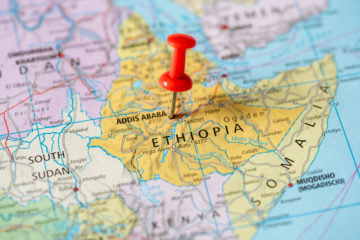
How Natural Resource (Mis-)management in the Nile River Basin May Threaten Stability
As the Grand Ethiopian Renaissance Dam (GERD) nears completion, the Nile River Basin is at a crossroads. The next few months will be consequential for relations between countries in the river basin—notably Ethiopia, Sudan, and Egypt—because dam management upstream could have consequences for the supply of water downstream. Although the three countries began discussions after the project was announced in 2011, they have yet to reach an agreement on how the new reservoir should be filled and managed. Despite the absence of an agreement, Ethiopia intends to begin filling the reservoir this July. This article describes the competing perspectives between countries, explains reasons for the lack of an agreement, and provides recommendations for addressing the challenges of the GERD. If …
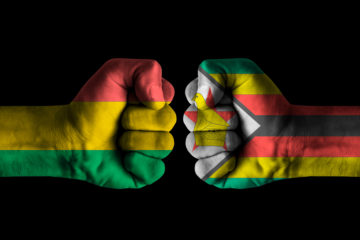
From Zimbabwe to Bolivia: what makes a military coup?
Evo Morales, president of Bolivia since 2006, resigned on November 10 following weeks of demonstrations triggered by a disputed election in October. Morales won the election amid allegations that the result was rigged in his favour. The turning point in Morales’s departure from office was the intervention of Williams Kaliman, commander of the Bolivian armed forces. Speaking at a press conference, Kaliman urged Morales to resign “for the good of our Bolivia”. Morales has since gone into exile in Mexico and the manner of his departure has sparked passionate debate about whether it was tantamount to a military coup. Two years ago this month, the Zimbabwean military placed former President Robert Mugabe under house arrest. Subsequently, SB Moyo, a major …
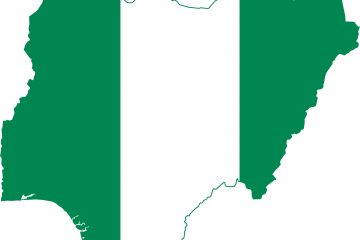
The Need for Restructuring Nigeria’s Political System
Nigeria is Africa’s biggest economy and the most populous black nation on earth. Yet, regional economic inequality and the lopsidedness of Nigeria’s political system have led to a series of protracted conflicts. The country is currently embroiled in crises similar to the tumultuous time after independence in 1960, when regional and ethnic tensions erupted in a vicious power struggle. Back then, following a coup against the northern-led government in January 1966, thousands of Igbos living in the northern region were forced to flee to their homeland following the outbreak ethnic clashes. In 1967, Odumegwu Ojukwu, an Igbo military officer, proclaimed the independence of Republic of Biafra, leading to Nigeria’s first bloody civil war, which ended in 1970. Over forty years …
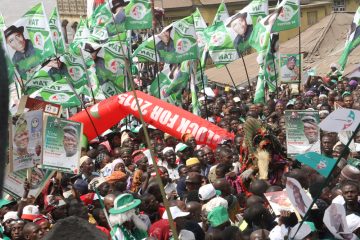
Will 2019 Witness a Protest Vote against Nigeria’s Ruling Party?
The 2019 presidential election will mark a defining moment in Nigeria’s hectic political history. Tensions are rising ahead of the elections in February when the polls will mark the first contest after an opposition leader defeated an incumbent president since the return to civilian rule in 1999. In the 2015 election, the All Progressives Congress (APC) defeated then-President Goodluck Jonathan’s People’s Democratic Party (PDP). Today, APC faces the prospect of electoral defeat just four years after it came into power. Neither President Muhammadu Buhari, nor any of the likely main opposition candidates, has a clear support base. In the lead-up to Nigerians heading to the polls in early 2019, the deteriorating security situation of Africa’s largest economy is particularly worrying. …
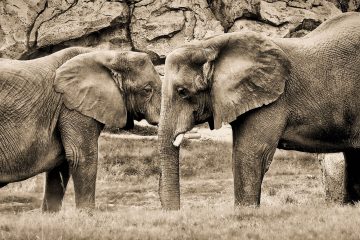
Irrelephant: The Misleading Connections Between Terrorism and Ivory Poaching
The world is experiencing an ‘environmental crime crisis’. Dwarfed only by the trafficking of drugs, humans and counterfeit goods, the illegal wildlife trade is estimated to be the fourth largest type of transnational organised crime. But compared to the smuggling of bullets and bodies, wildlife crime is vastly under-researched. Most people have not even heard of the world’s most trafficked mammal, the humble and far from headline-grabbing pangolin. Yet one area of this booming illicit trade receives more attention than most: poaching for ivory and rhino horn. Driven by growing Asian prosperity, particularly in Vietnam and China, a revived market for ivory and horn has expanded to unprecedented heights for modern times. Accompanying this growth is a narrative which connects …
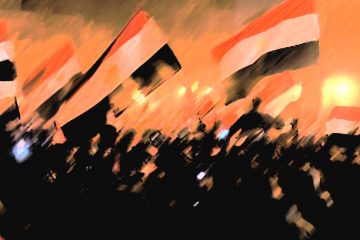
Contested Constitutions: A Microcosm of post-Arab Spring Divisions
Five years after Mohamed Bouazizi’s self-immolation in Sidi Bouzid, Tunisia ignited the Arab Spring. Yet while it inspired hope for democratic transition across the Middle East and North Africa, the region continues to be embroiled in civil war, terrorist networks, and crises of political legitimacy. In Syria and Bahrain, dictators used violence to thwart protests, leading to a prolonged civil war in Syria. In Yemen, despite the dictator’s negotiated transfer of power, rival sectarians are vying for power. In Tunisia and Egypt, dictators stepped down without much bloodshed. Lastly, in Libya, rebels overthrew the dictator with foreign military aid, but soon succumbed to factional warfare. This article will explore the interlude of democratic or semi-democratic politics in Tunisia, Egypt and …









